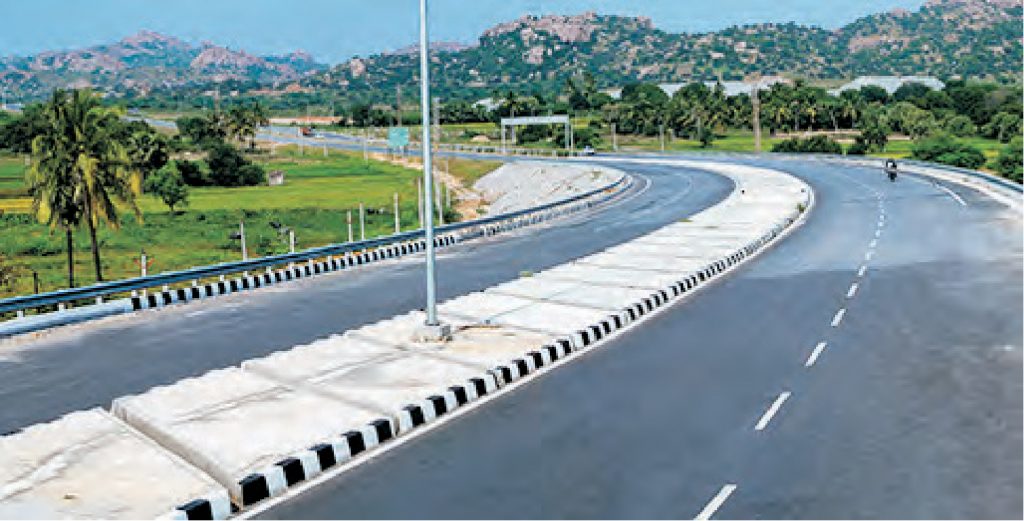How do Better Roads Lead to the Economic Development of a Country?
Roads make a vital contribution to economic development and growth and bring important social benefits. Road infrastructure has a vital importance in making the nation grow and develop.
Along with, connected roads provide access to employment, social, health and education services making a road network essential for the growth of a better economy.
The Indian Road network that comprises National Highways, Expressways, State Highways, Major District Roads, Other District Roads and Village Roads is the 2nd largest across the globe which spans across 5.5. million kilometers.
Road connectivity provides better access to services, ease of transportation and freedom of movement to people. A reliable and swift road network in the country is essential in influencing its economic development, hence the Ministry of Road Transport and Highways (MORTH) has taken up the responsibility of building quality roads and highways across the country.
Contributions of SMC Infrastructures to Road Infrastructure
SMC Infrastructures Private Limited has carved a niche for itself as a reputed company creating enduring value in infrastructure. SMC Infrastructures has built several roads to facilitate connectivity between different cities.
SMC Infrastructures has constructed the major internal roads in Thane and also many other places.
Some of the prominent road infrastructure projects of SMC Infrastructures are:
- MMRDA: Elevated Road, Airoli to NH4
- MMRDA: AGLR Flyover, Mumbai
- TMC: UTWT Road, Thane
- NHAI: Four Lane of Hyderabad- Yadgiri, Section of NH 202
The UTWT Road project in Thane that commence in 2007 is one of the most prominent projects. Ultra-Thin White Topping (UTWT) is an innovative pavement technology that is suitable for rehabilitation of bituminous macadam roads.
Bituminous pavements have many disadvantages. Unlike concrete pavements, they require repeated repairs and maintenance and they need upgrading and strengthening every few years to cater to higher traffic.
In Thane, because of heavy rains and more axle load of vehicle, the design value of the bituminous macadam roads was cracking and they were in very bad situation with big potholes. SMC Infrastructures experimented this technology at different traffic conditions and different subbase conditions and laid the roads in all conditions by modification in mix design by using modified concrete of 25mm layer on damaged bituminous road.
The project was envisioned by Suhas Mehta of SMC Infrastructure under Prime Minister Gram Sadak Yogana PMGSY who made it possible to have an alternative to concrete road. It took six years to complete and by 2013 everyone was aware of UTWT roads and it was decided that Thane city Inner roads be completed with the successful UTWT technology.
With this, the citizens who were deprived of road got an opportunity to progress and the dream of common man has come to some extent near to reality.
An adequate and efficient transport infrastructure has several great benefits for the public, industries, educational institutions, hospitals, tourist companies, real estate, to name a few. It plays an indispensable role in the economy of both developed and developing nations in making travel faster and easier.
Good connectivity of roads reduces transportation costs and in turn production costs of various organizations. They also make deliveries timelier and more reliable. Since highways reduce travel time, it also encourages inter-district or inter-state travel for business and trade.
Over the last few years, India’s road infrastructure has seen consistent improvement and connected roads have resulted in a better economy with improved road transportation becoming a focus of rapid development.
SMC Infrastructures is happy to have contributed to the road infrastructure of India.
